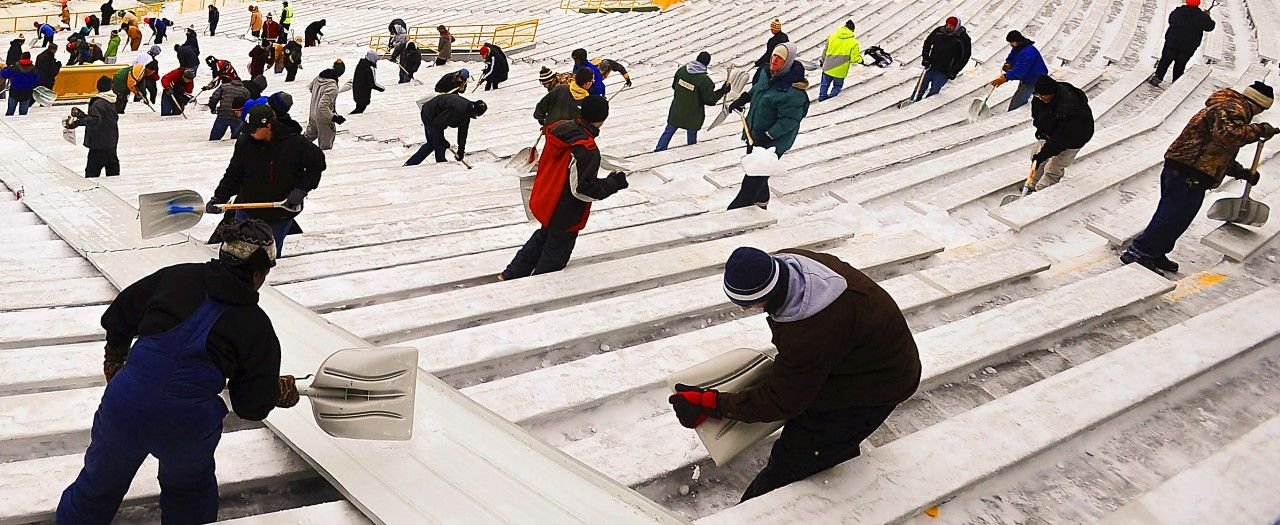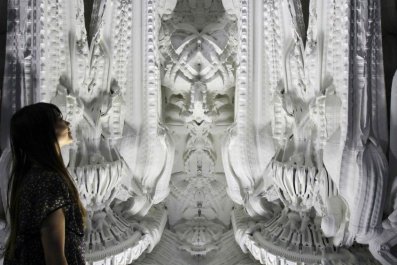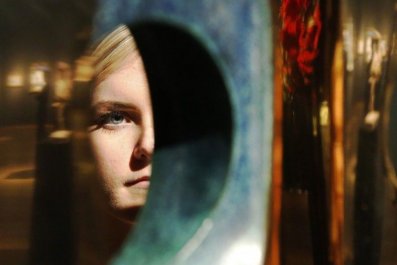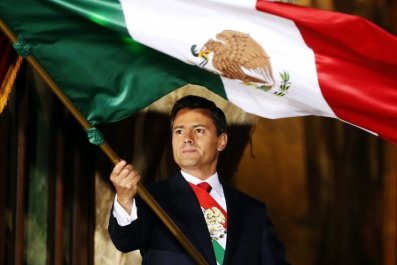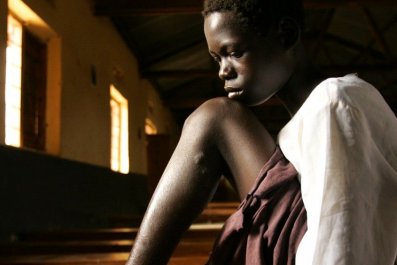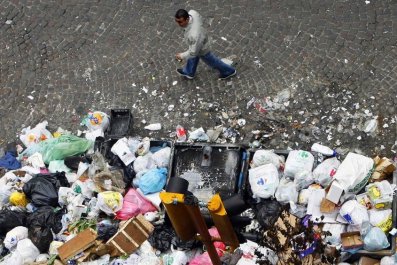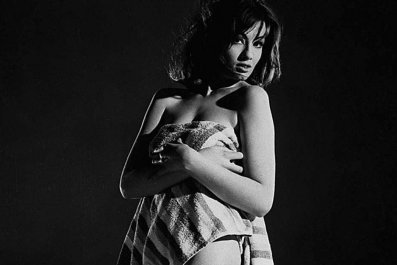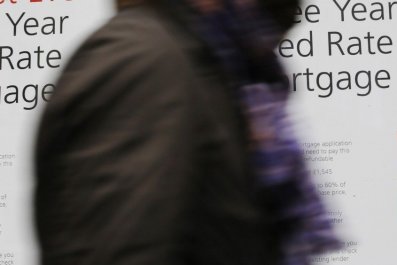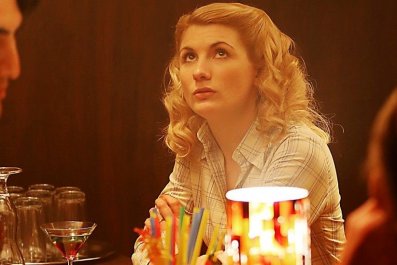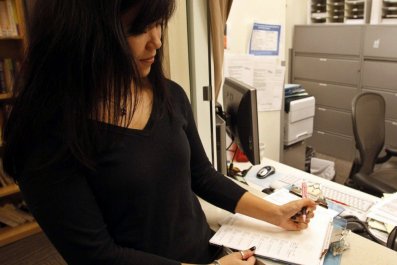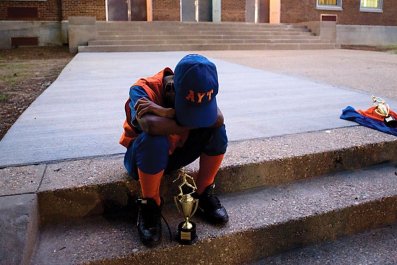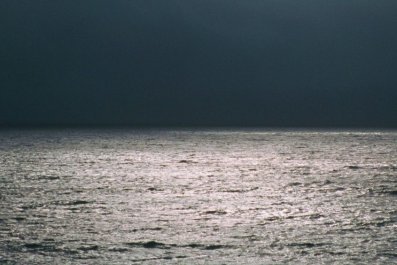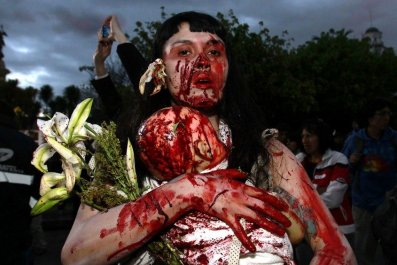Hugh Freeze is the name of the football coach at the University of Mississippi, but it also happens to be the game plan for half the National Football League's quartet of wild-card round playoff games this weekend. In Philadelphia and Green Bay, host cities of the NFC wild-card contests, the forecasts call for "unseasonably cold" weather. Which is just cruel. Seasonably cold weather on the first weekend of January is, after all, miserable enough in those precincts.
"Once you're there, it's football," said New Orleans quarterback Drew Brees, whose Saints visit the Philadelphia Eagles on Saturday evening, earlier this week. "Whatever the conditions are, you manage it."
Easily said from New Orleans, where the Saints play in a domed stadium and went 8-0 this season. On Saturday night outdoors in Philadelphia, however, the temperature will dip into the high teens at kickoff, with winds up to 10 m.p.h. Drew Brees, meet arctic gusts.
Also, Philadelphia will probably be digging out from the three to five inches of snow from winter storm Hercules. That won't affect turf conditions at Lincoln Financial Field, but it may impede New Orleans's forward progress in terms of getting to Philly. And maybe even getting to the stadium from their hotel.
Five of the 10 coldest contests in NFL history have been at Lambeau Field in Green Bay, Wis., where the Packers will host the defending NFC champion San Francisco 49ers late Sunday afternoon. By the time the fourth quarter starts, temperatures will be in the low single digits. If a Packer player scores a touchdown and executes a "Lambeau Leap" into the stands, he may simply be seeking body heat.
As ardent and loyal as Packer fans are reputed to be, more than 7,000 tickets were unsold a few days before the game. Which suggests that perhaps the Cheeseheads are getting brains.
The most brutally cold game in NFL history took place on New Year's Eve, 1967, when the Packers defeated the Dallas Cowboys in the NFL Championship Game, a.k.a. The Ice Bowl. Thermometers registered minus-15 degrees, with a wind chill of minus-48. How cold was it? The referees were unable to blow their whistles, so they shouted the entire game. Exposure sent seven members of the University of Wisconsin-LaCrosse marching band, which was scheduled to perform the halftime show, to a hospital, and an elderly spectator in the stands died.
The NFL postseason brings out a little bit of the Ernest Shackleton in all of us. As if the game of football were not fraught enough with inherent danger, here comes frostbite! As if the men who play it were not already certifiably tough - Packer quarterback Aaron Rodgers returned last week from a broken clavicle he suffered in early November - let's see how that healing bone feels when he gets slammed into the frozen tundra of Lambeau Field.
The AFC's pair of games are in, by comparison, balmy climes. The Indianapolis Colts will host the Kansas City Chiefs on Saturday afternoon, but will do so from within the climate-controlled comfort of Lucas Oil Stadium. On Sunday afternoon Cincinnati hosts San Diego, and while the temperatures will be in the mid-30s.
Each pairing, though, will revive memories of the two coldest games in AFC history. On January 7, 1996, the Colts beat the Chiefs in the third-coldest game in NFL history, 10-7. The temperature at Arrowhead Stadium was a frigid seven-below as Indianapolis, led by quarterback Jim Harbaugh (who will be on the sidelines at Lambeau Field on Sunday coaching the 49ers), shocked a Chiefs team that entered the divisional playoff game with the NFL's best record (13-3).
On January 10, 1982, the Bengals hosted the Chargers in the AFC Championship Game, a.k.a. The Freezer Bowl. The mercury reading said minus-nine degrees, but furious gusts brought the wind chill to an inhumane minus-59. It is the second-coldest game in league history but arguably the most brutal. The Chargers, who had played in 76-degree weather in Miami a week earlier, lost 27-7.
Current Bengal kicker Mike Nugent attended that game nearly 32 years ago. At least he did prenatally. Nugent's mother was seven months pregnant with him, but she was assured by her doctor that as long as she was warm, so too would her baby be.
Philadelphia. Green Bay. Indianapolis. Cincinnati. The road to Super Bowl XLVIII may require snow tires (next week's host sites will be Charlotte, N.C., and Seattle in the NFC, and Denver and Foxborough, Mass., in the AFC). But then, perhaps that's the way it should be. After all, this year's Super Bowl will, for the first time, be staged outdoors at a cold-weather venue: MetLife Stadium in East Rutherford, N.J., on February 2.
Groundhog Day.
The average temperature for that site and that date is between 29 and 35 degrees.
It'll be Jack Lambert-meets-Jack London. Brrrrrr-ing it on!



